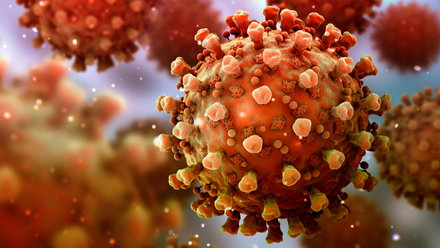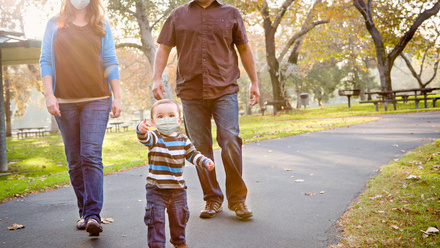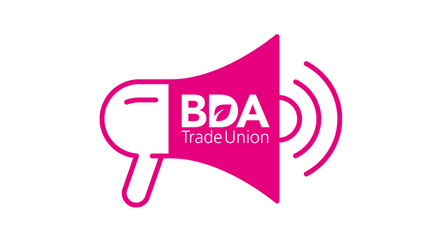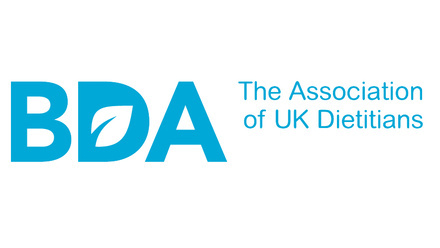Extraordinary times mean extraordinary measures, at this time we are all doing what we can to simply save lives. Whether you are a frontline clinician, freeing up a space to allow someone to move into the frontline, volunteering within the NHS, supporting all the BDA members who need assistance and guidance at this time or simply being there to offer time and space, everything matters.
My special thanks goes to all our members involved with front line care and those who are producing, at very short notice, guidance and material to allow their colleagues to join them. The Critical Care Specialist Group deserve special mention but other Specialist Groups are also working on vital material which is publicly available.
The office team, while working from home, have been contributing in any way we can. The putting out material and guidance openly on our website, in formats for easy access, is now a daily task. Just like the Government’s COBRA meeting, the BDA leadership meets daily to review progress, prioritise actions for the day and ensure we focus our energies on what you need.
Supporting the frontline
We are also heavily involved with much of the planning for frontline care. We are used to working closely with colleagues in the DHSC, NHS England and Improvement, all four UK governments and industry partners involved with nutrition support. But I am currently meeting on a daily basis with key representatives from across the sector to ensure that all acute settings (including the new Nightingale Hospitals) have the dietetic staff, equipment and supplies available to cope with the demands of the coming weeks and months.
The logistical challenges are huge but the will to meet those challenges in a co-ordinated way is evident. The NHS Supply Chain has assured us that the usual obstacles which may exist to new suppliers will disappear, that co-ordinated delivery to all the new field hospitals will take place and that decisions which may normally take months can be made within hours. The office team will provide all the support needed to improve clinician resources and improve patient outcomes.
Similarly we have always worked closely with our sister professions on key issues affecting all the Allied Health Professions. Our joint work on PPE and the political support the allied health workforce needs is significant. We have placed political pressure on key Ministers and we are responding on an hourly basis to national requests for advice, guidance and collaboration. The usual ways of working have disappeared and the expectation that the answer to any question will always be ‘yes’, is the order of the day.
What comes next
Whether this counts as extraordinary, I am not sure. It is different and definitely inspiring. The measures being put in place are definitely extraordinary.
For all of us to play some part in what feels like a war, is part of the national sense that we all have a part to play. I have a sense that, when we eventually reach the end of this tunnel, life will not be the same – for many reasons.
I think we will have an opportunity to take many lessons from the approaches we adopt over the next few months and create a better society and that would be extraordinary.





